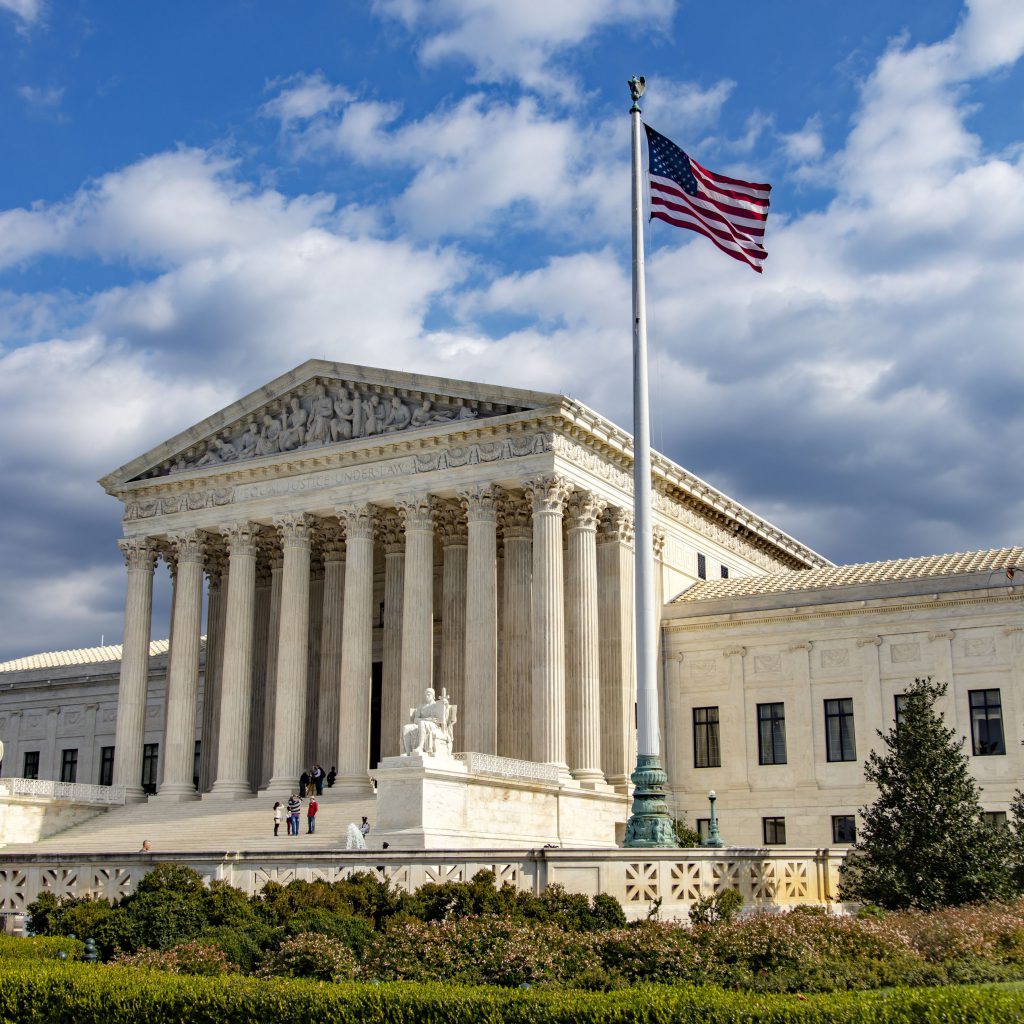 This article is a follow-up on our recent article about potential claims by police officers who are injured while responding to violent protests. The US Supreme Court recently considered a case involving exactly that (DeRay McKesson v. John Doe). While the Supreme Court sent the case back to a lower court without actually ruling on the officer’s claim, it is an important case that we will be watching closely.
This article is a follow-up on our recent article about potential claims by police officers who are injured while responding to violent protests. The US Supreme Court recently considered a case involving exactly that (DeRay McKesson v. John Doe). While the Supreme Court sent the case back to a lower court without actually ruling on the officer’s claim, it is an important case that we will be watching closely.
The case involved a personal injury claim by a police officer who was injured when hit in the head by a chunk of concrete thrown by a protester at a protest in Louisiana. The police officer could not identify the specific person who threw the concrete, so he sued the organizer and leader of the protest, claiming that the organizer negligently incited violence, among other claims.
The U.S. Supreme Court sent the case back to a lower court, the Fifth Circuit Court of Appeals in New Orleans, for a clarification of an aspect of Louisiana law, so the U.S. Supreme Court has not yet made a final ruling on the case. But the Supreme Court did not disagree with the lower court’s conclusion that the protest organizer could not claim that his First Amendment rights to free speech shielded him from liability in connection with a protest. It was significant that the protest specifically planned to engage in criminal acts, by blockading a public roadway. The lower court stated the organizer “should have known that leading the demonstrators onto a busy highway was likely to provoke a confrontation between police and the mass of demonstrators, yet he ignored the foreseeable danger to officers, bystanders, and demonstrators, and notwithstanding, did so anyway.” The lower court acknowledged that the organizer’s conduct took place in the context of a political protest, but held that the organizer of the protest is not exempt from liability for his own negligent conduct simply because he, and those he associated with, also intended to communicate a political message.
How will this case affect our Massachusetts Police Injury Lawyers’ work on behalf of injured Massachusetts police officers?
The Fifth Circuit Court of Appeals will now issue a ruling clarifying certain aspects of Louisiana law, which will have no real bearing on cases here in Massachusetts. The case could then get appealed again to the U.S. Supreme Court for a final ruling on the officer’s claim, which could then have an impact on claims by injured officers throughout the U.S., including injured police officers in Massachusetts.



